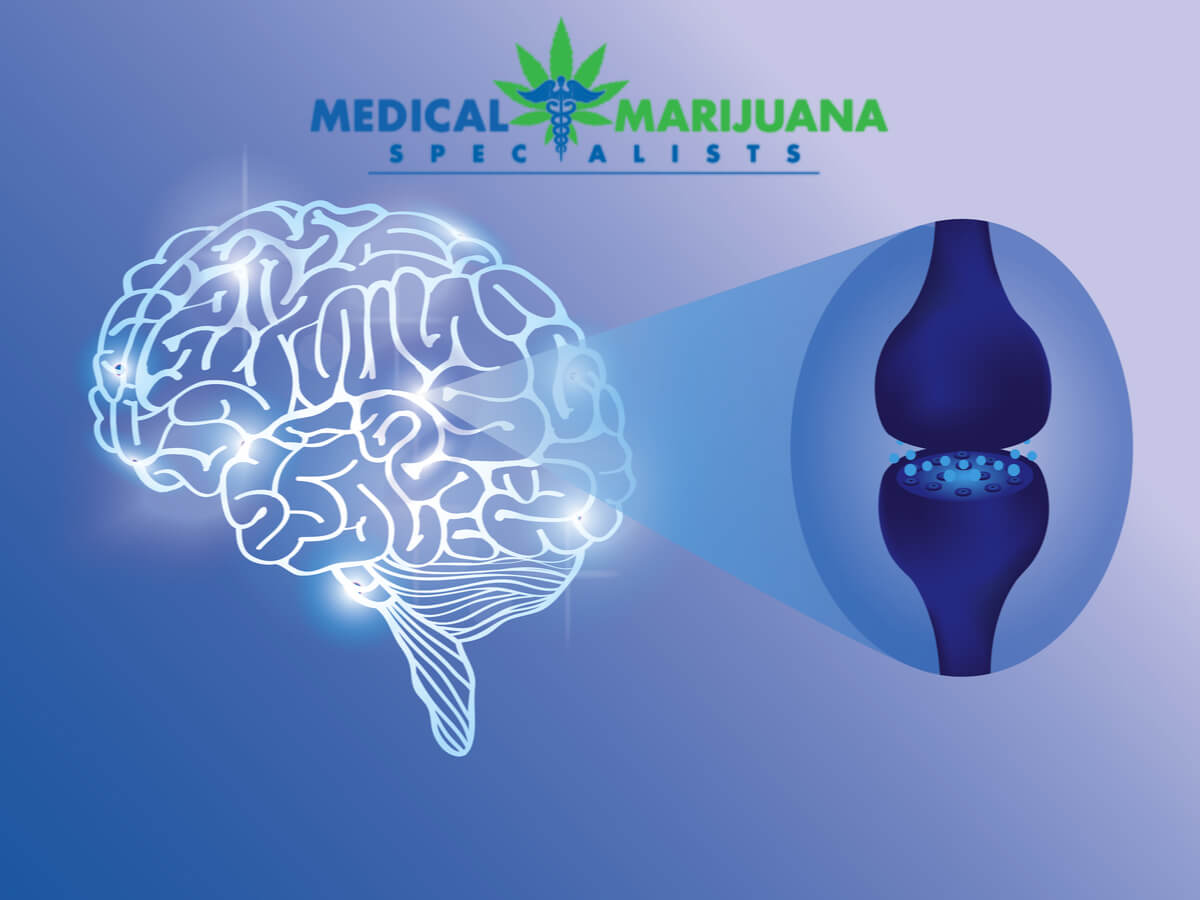In this second part of our professional series and I want to talk about the endocannabinoid system.
A need for education on the endocannabinoid system
This a basic physiological system unfortunately NOT being taught in most medical schools.
In fact, less that 13% of medical schools teach a bridge course on the endocannabinoid system. Only two universities, being Brown University and the University of Wisconsin, actually teaches a course.
Less than 5% percent of physicians even understand the physiological components of the endocannabinoid system.
What is an endocannabinoid?
An endocannabinoid, produced by the body, makes certain compounds and attaches to the cell then creating a chemical response. This response regulates the functions of multiple organs and tissues within the body.
Endocannabinoids in our body:
- Anandamide (AEA)
- 2-arachidonoylglyerol (2-AG)
Endocannabinoids create cell signaling.
In other words, they attach themselves to the cell to create a response. This response creates other chemicals that are being released by the body to other cells. The cells are now signaling one another to try and bring the body into balance.
What makes the endocannabinoid unique?
In the central nervous system, we have neurotransmitters that send one compound from one neuron, one nerve cell, to the next and that creates a response.
What makes the endocannabinoid unique is that it actually takes that signal and sends it back to the original neuron when there is too much or too little of that neurotransmitter available.
This is how the body tends to regulate itself.
Regulating itself brings the body into balance. By doing so, many of these chronic diseases can potentially be reset so that the body is able to have a healthier functioning throughout life.
The effects of age on the endocannabinoid system.
As we get older the endo system becomes less efficient. Due to age, due to genetics, and epigenetics. Epigenetics are the environment and genetic structure.
What do we get from cannabis?
What our bodies create from cannabis or the medical marijuana plant is the phytocannabinoid.
Phyto- means plant based.
Common compounds of cannabis
You have surely heard of THC as well as CBD.
These compounds are effective for:
- anxiety
- depression
- seizure disorder
- cancer in many ways
- nausea
- vomiting
- etc.
With 700 different compounds in the medical cannabis plant itself, not every compound in every strain, but there’s about 6,000 different strains, it can potentially help to regulate a number of illnesses.
What about terpenes?
Terpenes are more and more commonly talked about. It is the cannabinoid that gives the cannabis flavor, aroma, and, color.
All of these are medical compounds.
What they do is they attach themselves onto the cell that I mentioned earlier.
These most common cell receptors are CB1, CB2, and there’s also CB3.
They work by allowing the cell to create a response that hopefully brings the body back into balance.
Enzymes step in to help
There’s are enzymes that degrade these endocannibiois, or phytocannabinoids, like FAAH and MAGL.
These compounds are crucial in helping the body bring the endocannabinoid system back down when its levels are too high.
Clinical Endocannabinoid Deficiency
Back in 1990s, Dr. Raphael Mechoulam, from Israel came up with an endocannabinoid syndrome called “clinical endocannabinoid deficiency”.
With research on this condition we see more and more benefit from this system in particular.
How does this help?
If we can change the body through phytocannabinoids… Through medical cannabis. The body will make adjustments and these disorders will start to re-balance themselves.
In 2001, 2004 and 2016 review articles, we see conditions such as fibromyalgia, migraine headaches, irritable bowl syndrome, PTSD and so many other chronic conditions effected by the endocannabinoid system.
You won’t need as much medication or medications at all, for that matter. That is the endocannabinoid system.
For more information…
Please visit other articles on the history of medical marijuana or the process of certification to further your experience.
Again hopefully you will be well and know that we care, you have a great day and again thanks for tuning in.





2 Responses
very informative.im convinced.
Thanks for your comment James. We will continue to provide info and stories that benefit you on your journey!